Hundreds of households in Quang Son commune have cooperated with Thinh Phat Agricultural - Medicinal - Service - Trade Cooperative (Thinh Phat Cooperative) to grow cabbage according to VietGAP standards. The products are then purchased by CJ Foods Vietnam Company, processed into kimchi for export to Korea.
According to Ms. Nguyen Thi Toan, Director of Thinh Phat Cooperative, the quality of kimchi made from Quang Son cabbage is not inferior to traditional Korean products.
.jpg)
Since 2022, Thinh Phat Cooperative has been supported by the Dak Nong Agricultural Extension Center - Agricultural and Forestry Seeds to build a VietGAP cabbage production chain model. This helps people have stable output, changing their production mindset from small-scale to specialized, large-scale.
Mr. Be Van Chien, a farmer in Bon N'ting, Quang Son commune, said: "Previously, we only grew vegetables in the traditional way, with small-scale production and unstable income. But since joining the chain, our products have been guaranteed, prices are stable, and our lives have improved significantly."
Mr. K'Sieng, Chairman of the Farmers' Association of Quang Son commune, commented that production according to VietGAP has helped improve the quality of local agricultural products.
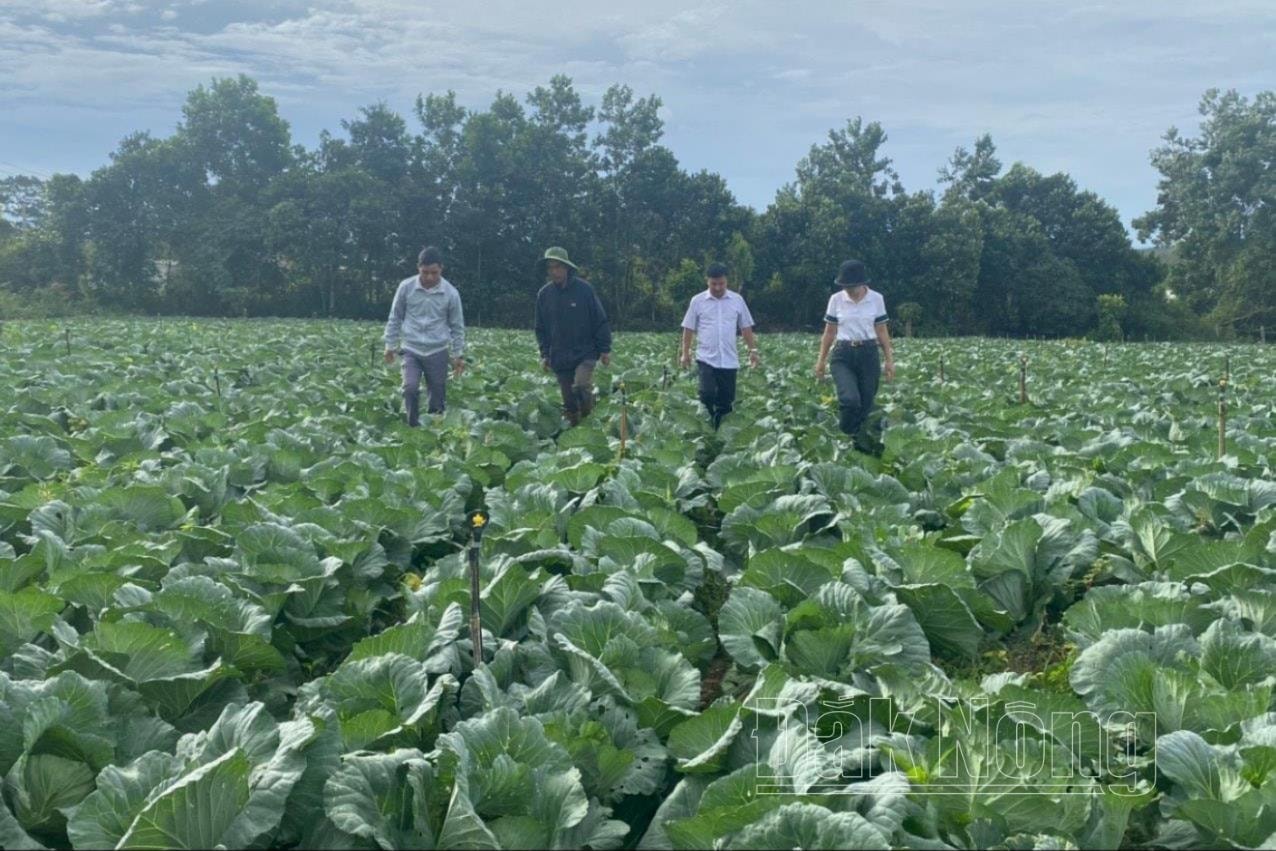
"People are gradually changing their habit of doing things on their own to responsible production, creating products with consistent quality and value," Mr. K'Sieng shared.
Thanks to this model, the average yield of cabbage is 30 tons/ha/crop, and households with good care can reach 60 tons. In the past 3 years, households growing cabbage can earn about 200 million VND/ha/year. Each month, Thinh Phat Cooperative supplies 50 - 100 tons of VietGAP cabbage to export partners.
Dak Nong currently has 1,730 hectares of vegetables and tubers of all kinds, with an output of nearly 26,000 tons. However, most of the products are still consumed domestically, with export output remaining modest.
Vegetable and root production has shown positive signs with more than 6,000 tons exported in 2024. This shows that this industry is tending towards sustainable development, towards large export markets.
.jpg)
According to the leaders of the Department of Agriculture and Environment, some units such as Thinh Phat Cooperative and Dak Nong Clean Agriculture Joint Stock Company have pioneered in bringing vegetables and tubers to the international market.
The production process of many households and businesses has strictly complied with quality and traceability standards. In addition, the situation of small-scale, scattered, and unconnected production is gradually decreasing.
Mr. Nguyen Van Chuong, Director of Dak Nong Agricultural Extension Center - Agricultural and Forestry Seeds, said that to stabilize the output of agricultural products, production according to certified standards such as VietGAP or organic is a mandatory condition.
.jpg)
“We need to develop large-scale specialized areas with close links between farmers, cooperatives and businesses to ensure stable supply,” Mr. Chuong emphasized.
Dak Nong is implementing many solutions to promote sustainable agricultural production. In particular, planning specialized vegetable, root and fruit growing areas in Dak Glong, Dak Song and Dak R'lap districts is an important step. At the same time, the province also encourages the establishment of cooperatives and cooperatives so that people can easily connect and find outlets for their products.
.jpg)
Dak Nong Department of Agriculture will continue to support farmers in applying science and technology, improving production quality, and enhancing preservation and deep processing capabilities to increase product value.
“Only by creating a sustainable chain of links between production - processing - consumption can Dak Nong's vegetable, fruit and root industry fully exploit its potential and expand its export market,” Mr. Chuong affirmed.
Source: https://baodaknong.vn/buoc-chuyen-minh-cua-rau-cu-dak-nong-248102.html









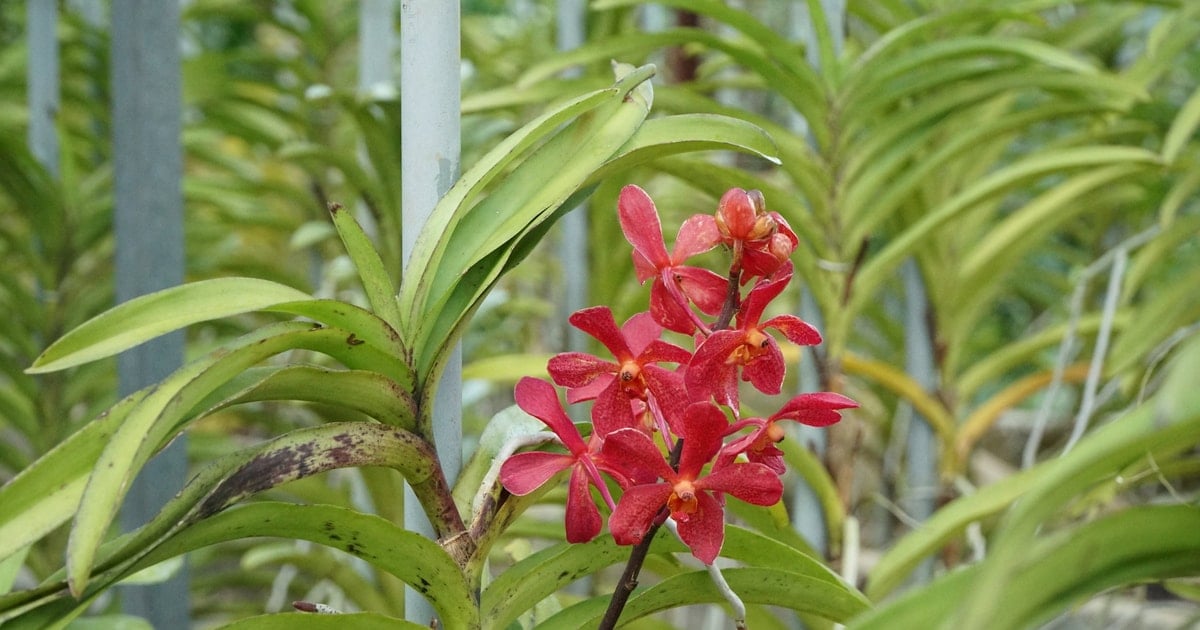



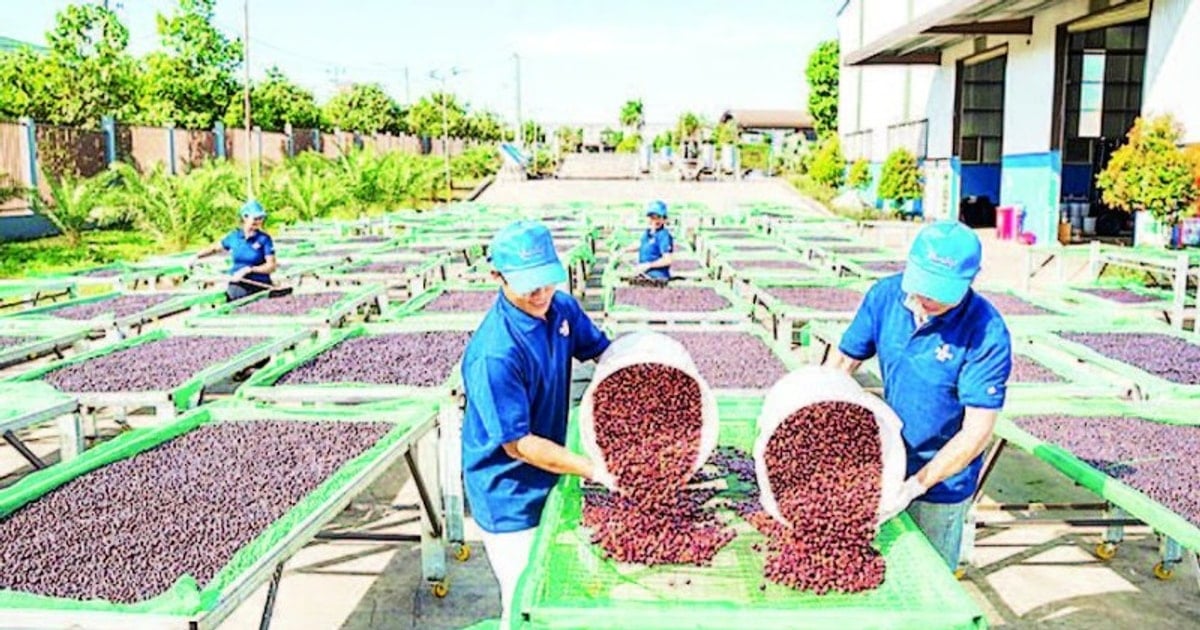

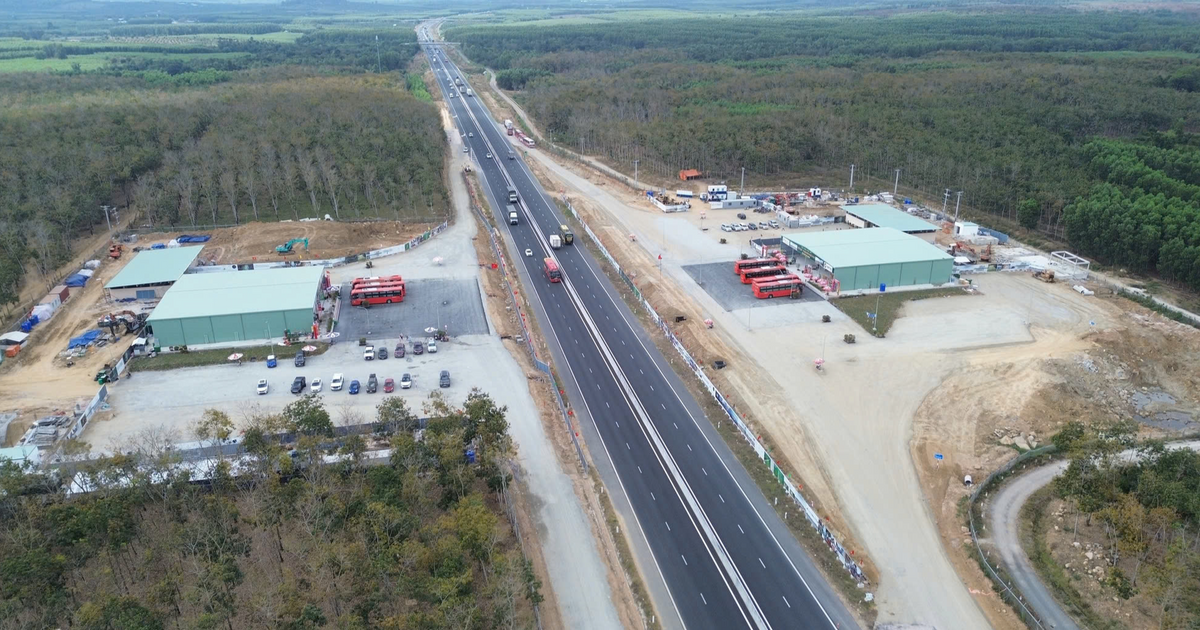
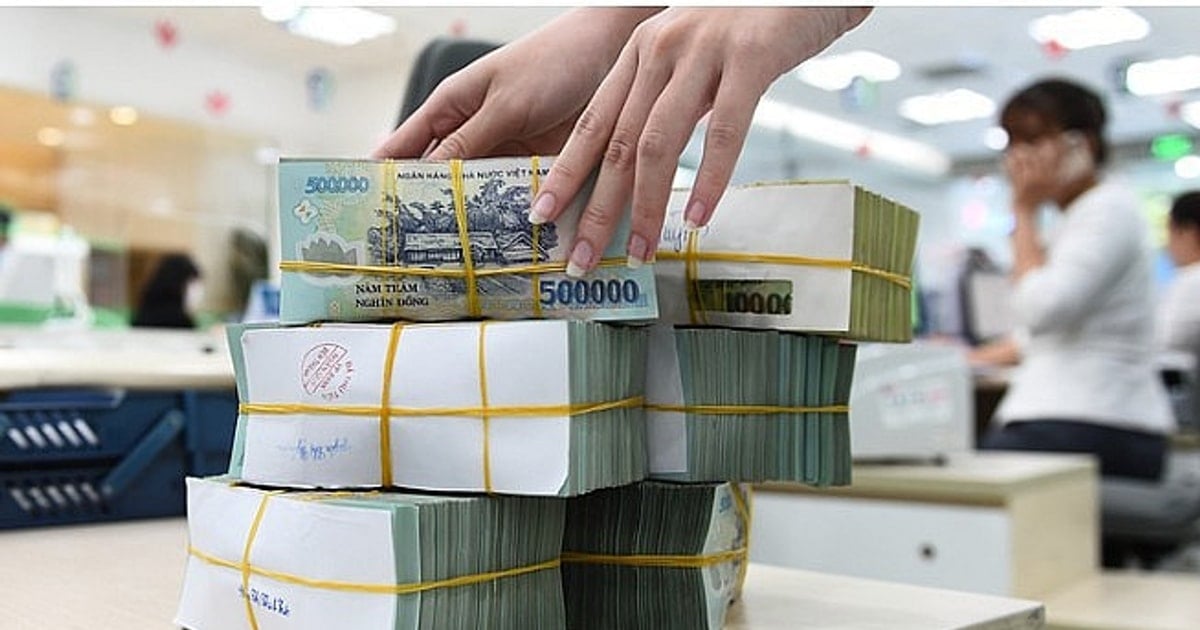
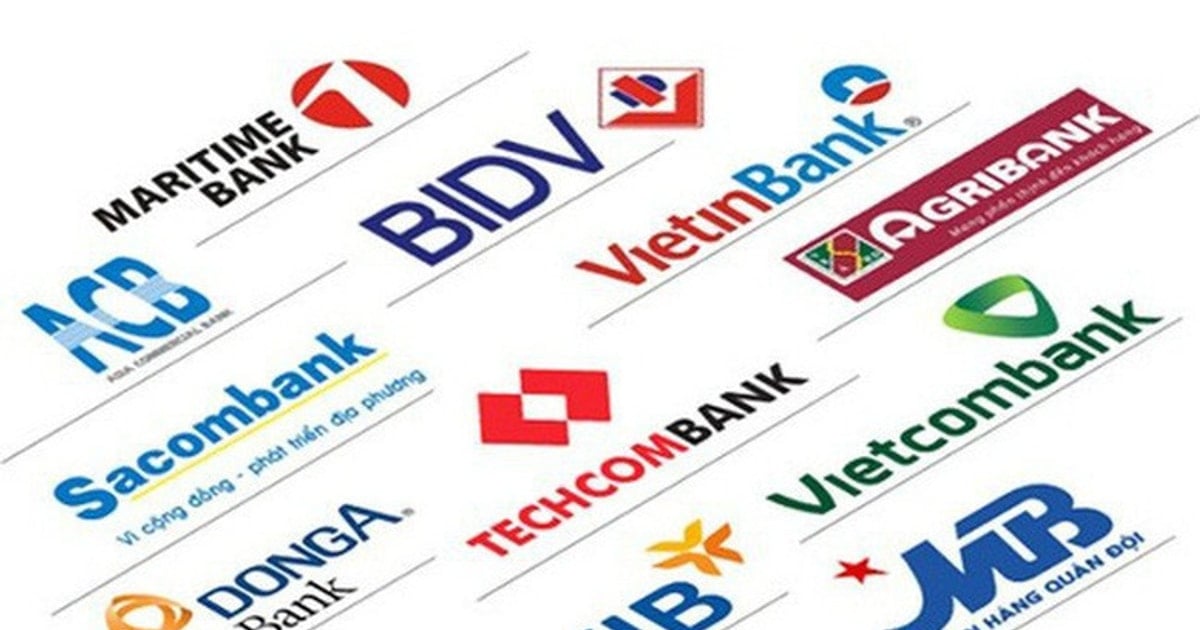

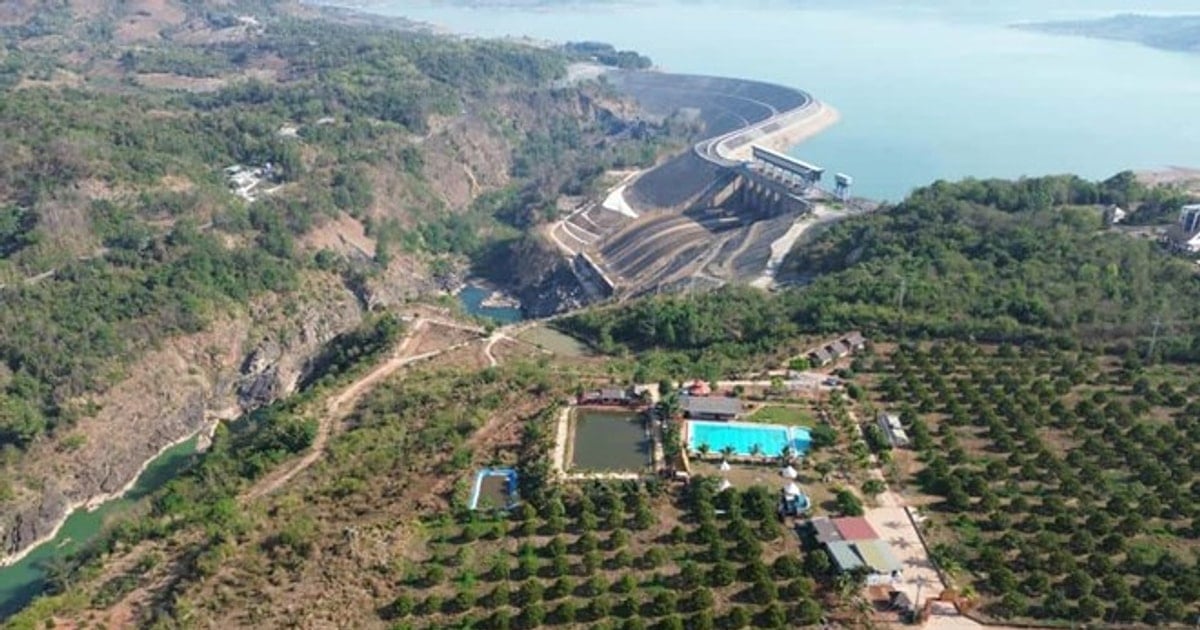



![[Photo] Visiting Cu Chi Tunnels - a heroic underground feat](https://vstatic.vietnam.vn/vietnam/resource/IMAGE/2025/4/8/06cb489403514b878768dd7262daba0b)














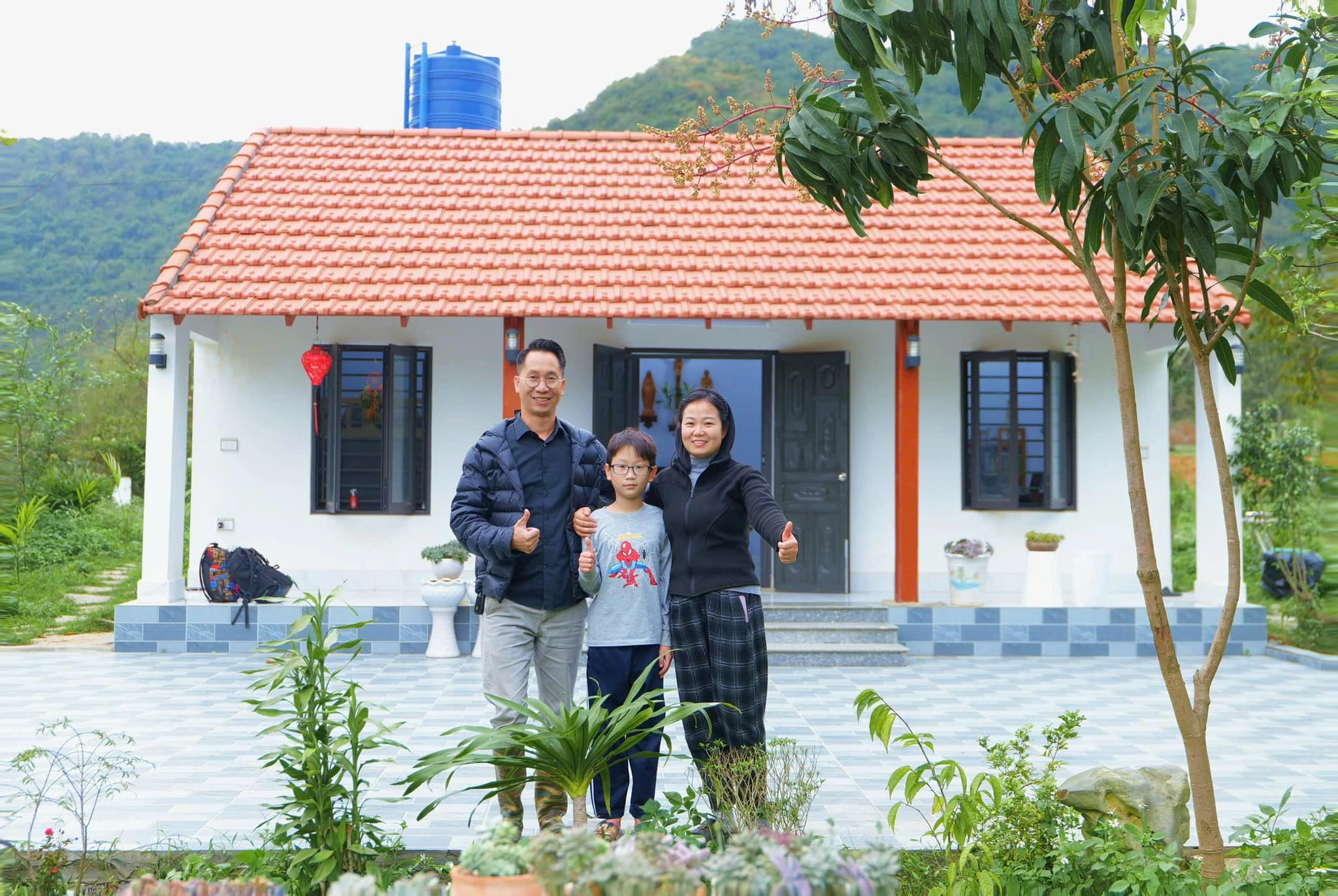


































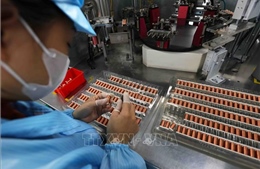









Comment (0)